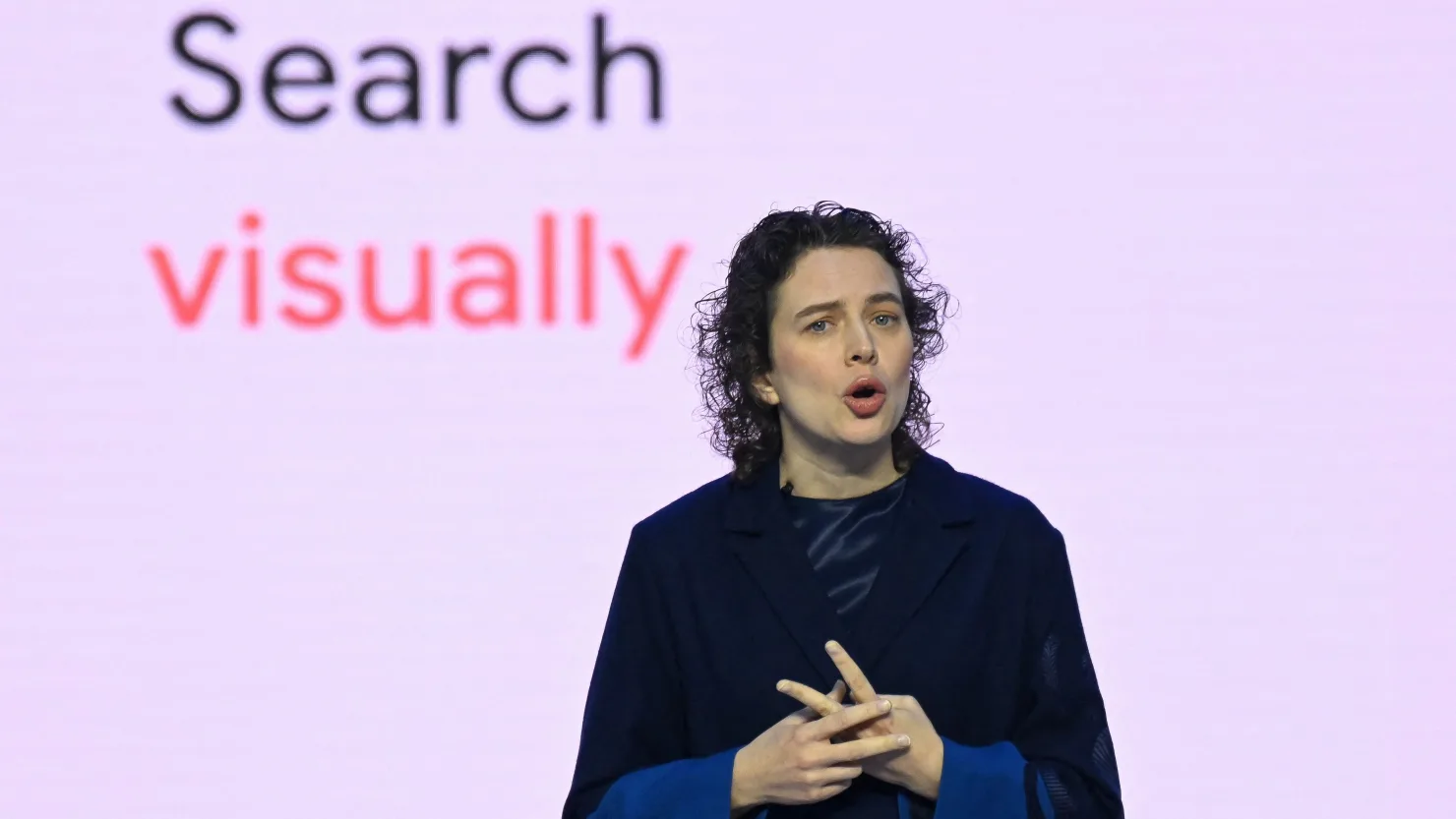The final days of Google’s antitrust remedies trial have shed light on the significant operational changes the company may be forced to make if the Department of Justice’s proposals are adopted. Liz Reid, head of Google Search, testified that between 1,000 and 2,000 employees—approximately 20% of the company’s search division—could be redirected to comply with some of the Department’s proposed remedies, according to a source familiar with the proceedings.
This remedies phase follows a court ruling last year that determined Google had maintained an unlawful monopoly in the internet search market. The Department of Justice, which initiated the lawsuit, is now pushing for changes designed to limit Google’s dominance. Among the proposed remedies is a mandate requiring Google to share certain data used in generating search results, such as click data. The DOJ argues this would enable competition by giving rival search engines access to critical information currently exclusive to Google.
Another key proposal includes banning the practice of “compelled syndication,” which refers to Google’s deals that ensure its search engine remains the default on browsers and mobile devices. One of the most prominent examples is Google’s agreement with Apple, through which it pays billions annually to remain the default search engine on iPhones. Apple executive Eddy Cue testified that this arrangement is based on Google being “the best search engine,” reinforcing Apple’s stance that the decision benefits users.
Although the DOJ had also suggested that Google be required to divest its Chrome browser, this specific proposal was not included in Reid’s assessment of the potential impact on the company. During her testimony, Reid also revealed that Google’s proprietary Knowledge Graph database, which enhances search accuracy, contains more than 500 billion facts and has involved more than $20 billion in investments over the past decade. She emphasized that search queries often involve highly sensitive topics, and that sharing Google’s internal data could pose serious privacy concerns.
Reid’s testimony aligns with Google’s broader defense that enforcing the proposed remedies could undermine both its technological edge and user privacy. Closing arguments in the case are set for May 29 and 30, with a judicial decision expected by August. In parallel, Google is preparing for a separate antitrust remedies trial related to its advertising technology business, scheduled to begin on September 22.
READ MORE:
